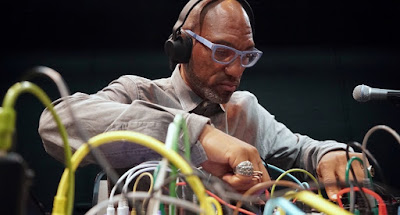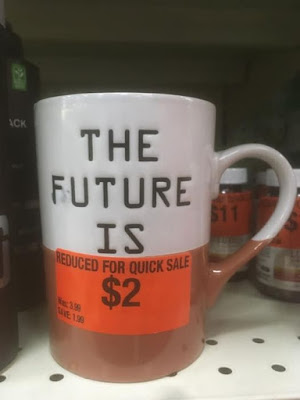It is notorious that in Bristol (to that I can speak myself, but probably in many other places) he (Coleridge) went so far as to hire men "porters, hackney-coachmen, and others" to oppose by force his entrance into any druggist's shop. But, as the authority for stopping him was derived simply from himself, naturally these poor men found themselves in a metaphysical fix, not provided for even by Thomas Aquinas or by the prince of Jesuitical casuists. And in this excruciating dilemma would occur such scenes as the following: "0h, sir," would plead the suppliant porter, suppliant, yet semi-imperative (for equally if he did and if he did not show fight, the poor man's daily 5s. seemed endangered) "really you must not; consider, sir, your wife and-" Transcendental Philosopher: "Wife! what wife?I have no wife." Porter: "But, really now,you must not, sir. Didn't you say no longer ago than yesterday" Transcend. Philos: "Pooh, pooh! yesterday is a long time ago. Are you aware, my man, that people are known to have dropped down dead for timely want of opium?" Porter: "Ay ,but you tell't me not to hearken " Transcend. Philos: "Oh, nonsense!An emergency, a shocking emergency, has arisen, quite unlooked for. No matter what I told you in times long past. That which I now tell you is that, if you don't remove that arm of yours from the doorway of this most respectable druggist, I shall have a good ground of action against you for assault and battery
Note: The passage Burroughs reads here is from De Quincey's 1856 revised edition of 'Confessions of an English Opium Eater'. It doesn't appear in the 1821 edition.
The passage concerns Coleridge's (1772 - 1834), not De Quincey's, reported attempts to curb his own laudanum addiction, attempts so half-hearted & inept they're amusing, as Burroughs points out.














